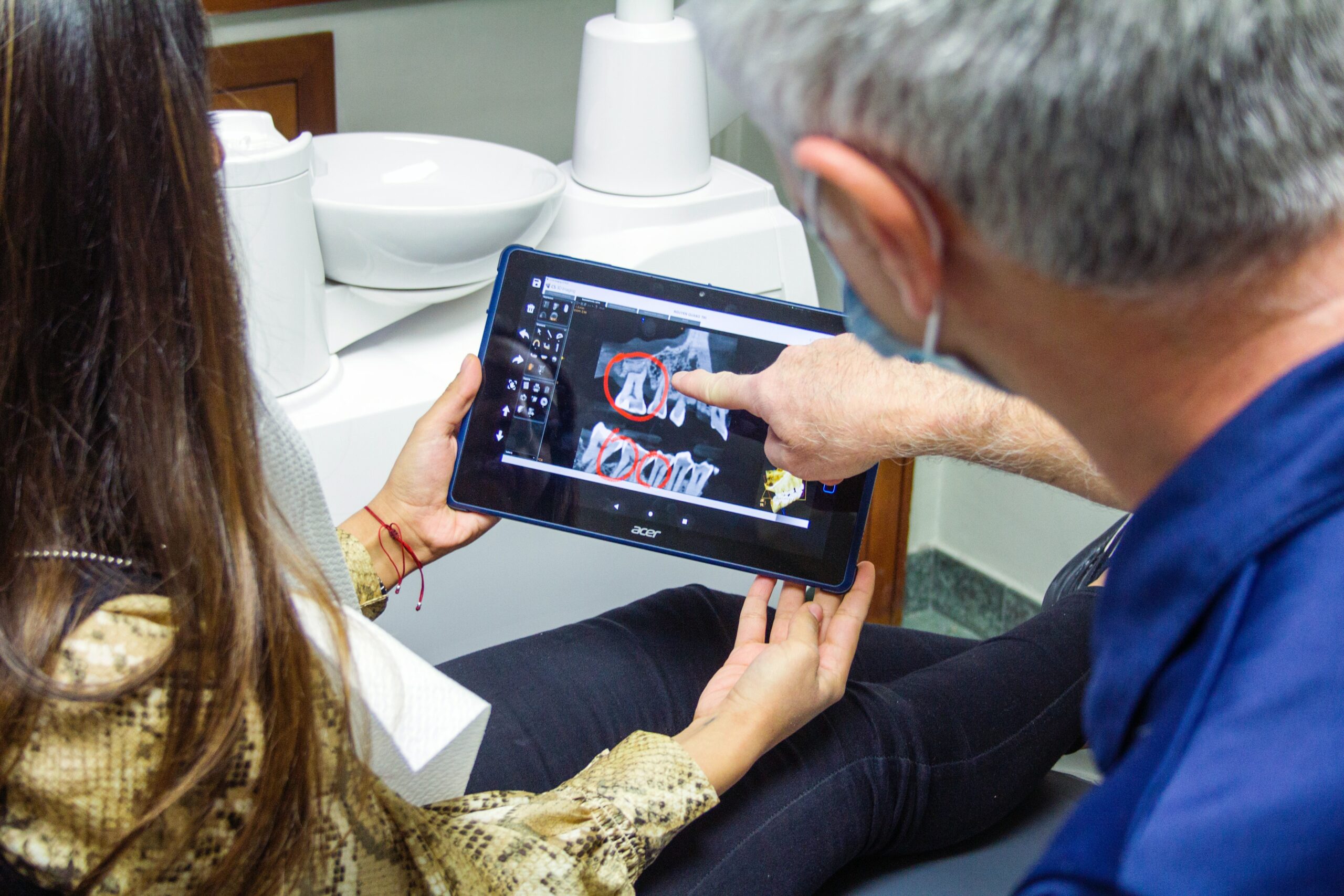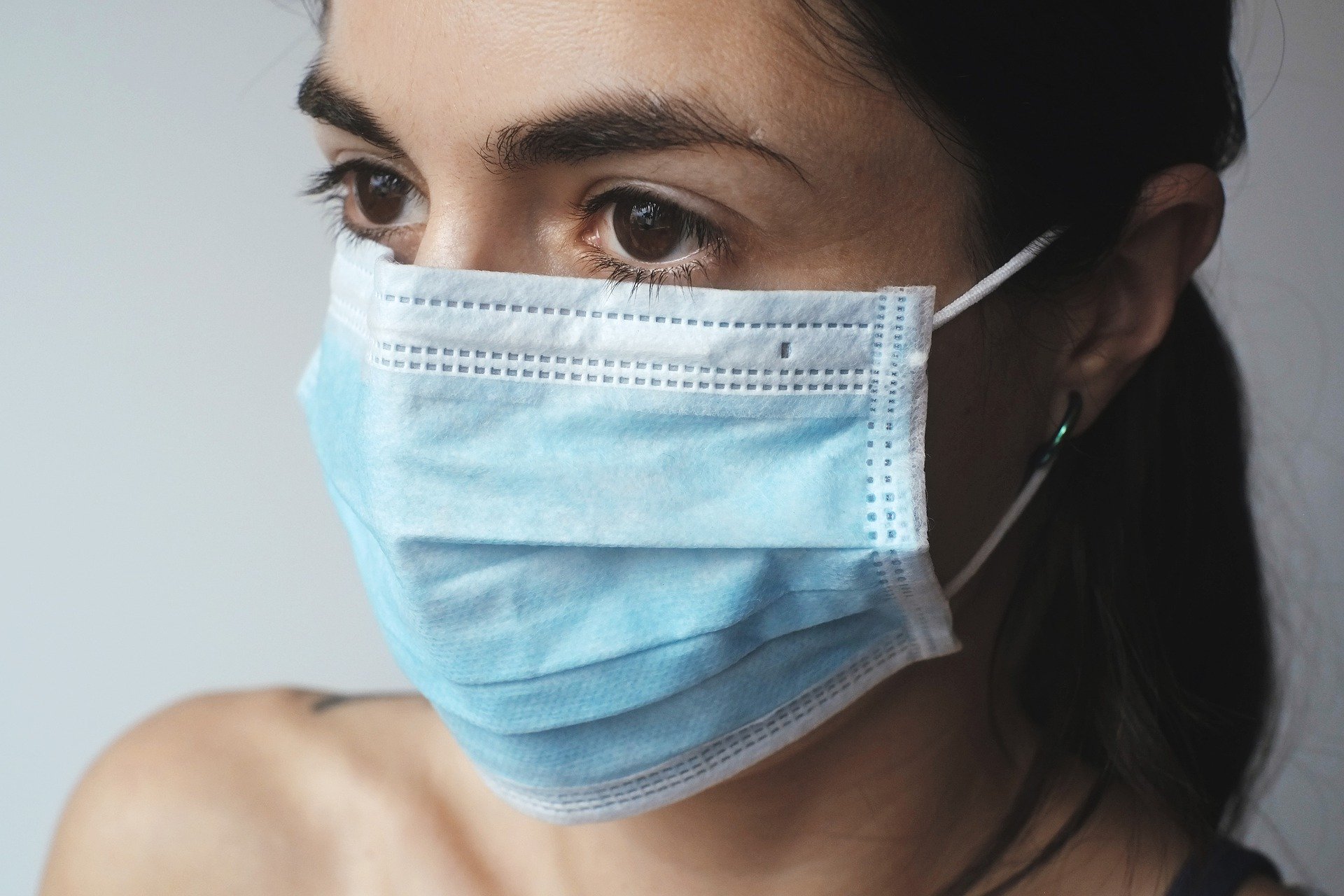The world we knew up to March 2020 drastically changed. Fear of contracting SARS-CoV-2 has made wearing a protective mask mandatory in the majority of countries, usually on a regular basis (depending on the pandemic situation). It stops the virus from spreading, but it has some disadvantages. One of them is a higher risk of tooth decay! How does this happen, and how can it be avoided?
The Mask Mouth Pandemic
This issue was discovered by American dentists, who published their findings on the industry website oralhealthgroup.com. They show that even every second patient who visits the dentist for a check-up suffers from „mask mouth,” or oral cavity problems caused by wearing a mask. It is primarily about cavities, gum inflammation, and bad breath.
The culprit is… breathing through the mouth instead of the nose, because that’s how we normally breathe while wearing a mask. As a result, the oral cavity dries out excessively, changing the bacterial flora in the mouth. When there is insufficient saliva, the pathogen multiplies in the mouth, causing gum and tooth disease.
The second issue is that viruses, bacteria, and fungal spores can accumulate on the mask and enter the mouth. The less frequently we change the mask, the more germs we are exposed to with each breath.
When Should You Visit The Dentist?
It is best for our teeth and gums if we remember to go to the dentist every six months. What should prompt us to consult a specialist, and what may be related to wearing a protective mask, ie:
- Unpleasant odor emanating from the mouth (usually appears the earliest and is caused by the appearance in the mouth of anaerobic bacteria producing volatile sulfur compounds),
- Gum pain, swelling, or bleeding (untreated gums can lead to periodontitis),
- Tenderness, toothache.
What Can You Do To Avoid The Effects Of Wearing A Mask?
A clean mask protects us (and others) from the spread of microorganisms, whereas a dirty one can harm us. On the one hand, prevention in this area consists in caring for the condition of the oral cavity, and on the other – in the hygienic use of masks.
The majority of us wear one of two kinds of masks: disposable or cloth. To avoid problems with your teeth and gums, practice good oral hygiene. The foundation is regular washing of cloth masks (pouring boiling water, washing, drying, and ironing), whereas disposable masks should be discarded after a single application, as the name implies. In the mask, it is also critical to breathe through the nose rather than the mouth.
Let us now discuss dental prophylaxis. The most important rule is to brush your teeth at least twice a day with fluoride toothpaste. Regular flossing and the use of mouthwashes are also recommended by specialists. If we experience mouth dryness, we should drink water. We can also get a special moisturizer from the pharmacy, which comes in the form of lozenges or a spray. And, of course, regular dental visits are essential!
Although it is not widely known, taking probiotics containing lactobacillus spp is an effective way to prevent tooth decay. They will help us maintain the proper pH in the oral cavity and reduce the action of harmful microorganisms that can cause cavities.
Bad breath deserves its own section because it is frequently a precursor to larger problems in the oral cavity. Another factor, possibly related to the ongoing pandemic and more frequent sitting at home than previously, is to blame. And it’s all because of bad snacking habits! Bacteria adore fast food, chips, white bread, sweets, and sugary drinks. Their proliferation leads to the development of caries and bad breath. As a result, changing eating habits is critical; it is preferable to reach for fruit rather than crisps, and to replace excess chocolate with nuts. In any case, brush your teeth afterwards!




